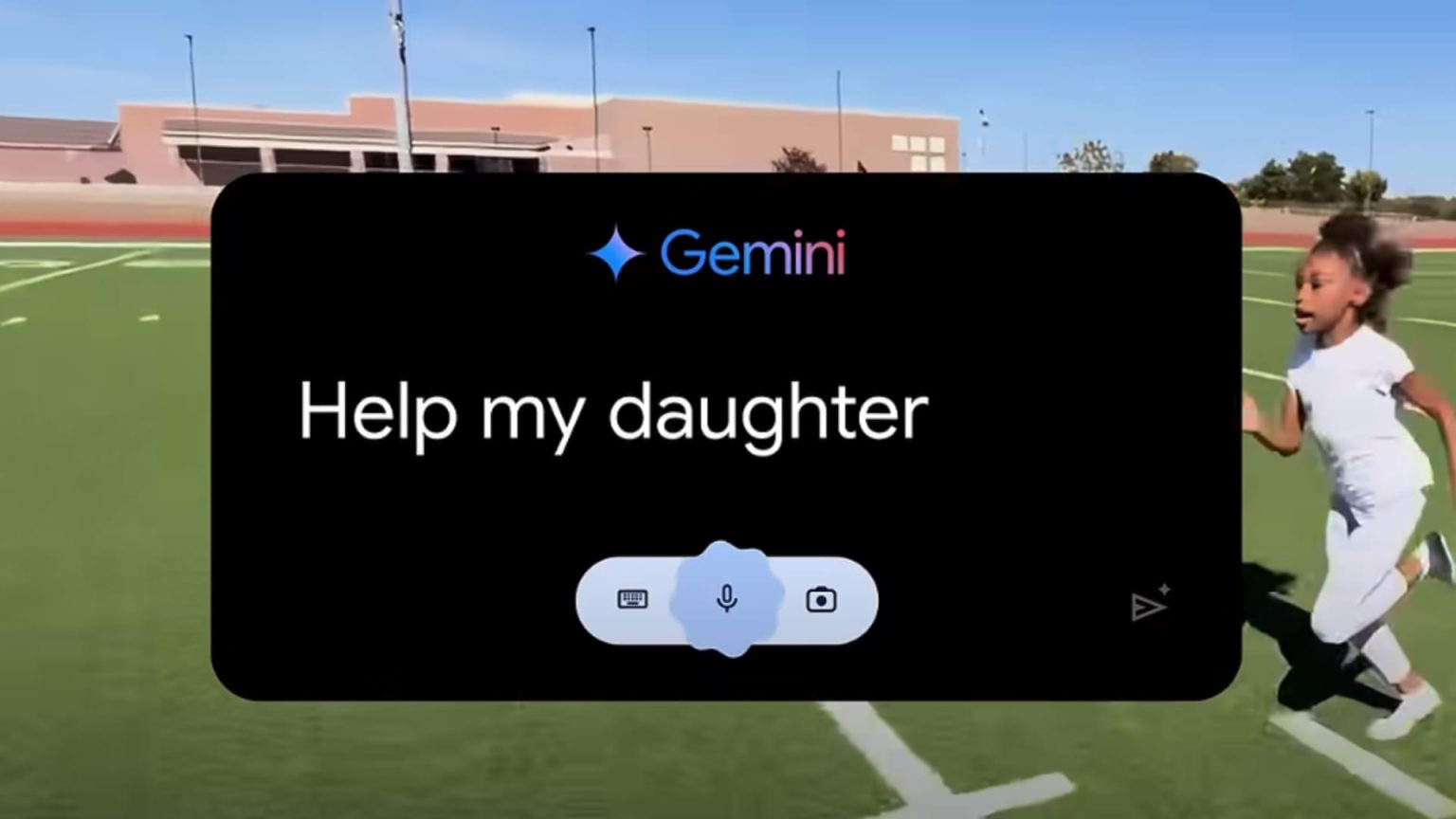Google received backlash for its Olympics ad featuring a little girl using the AI chatbot Gemini to write a fan letter to athlete Sydney McLaughlin-Levrone. The ad, titled “Dear Sydney,” showed the father prompting Gemini to help his daughter write the letter, which resulted in a draft briefly shown in the commercial. Despite initially defending the ad, Google decided to phase it out of its Olympics rotation due to feedback. The company still believes that Gemini can be a useful tool for generating writing ideas but emphasized that AI can never fully replace human creativity.
The controversy surrounding the Google ad stemmed from concerns about promoting automation over authenticity, especially when it comes to children. Many critics, including Professor Shelly Palmer from Syracuse University, expressed disapproval of the ad’s message, arguing that it leads to a future where original human thoughts become scarce. While Google aimed to celebrate Team USA with the ad, the unintended consequences of glorifying AI-generated content overshadowed this sentiment. The ad, which is no longer airing on television, sparked a broader conversation about the role of AI in creative industries and the potential impact on human-driven work.
Apple also faced backlash for a recent commercial featuring a hydraulic press machine crushing music instruments and paint cans to showcase its new iPad Pro. The company issued an apology and pulled the ad from television after receiving criticism for promoting the destruction of creative tools. Similarly, OpenAI technology chief Mira Murati acknowledged that AI may lead to the elimination of certain creative jobs, but argued that some of these roles may not have been necessary in the first place. The entertainment industry, including Hollywood actors and unions, raised concerns when Scarlett Johansson accused OpenAI of using her voice without consent for the ChatGPT AI voice named “Sky.”
Despite the controversy surrounding ads promoting AI and automation in creative tasks, companies like Google and Apple continue to explore the integration of artificial intelligence into their products and services. Google’s Gemini app, previously known as Bard, was developed in response to the growing popularity of OpenAI’s ChatGPT. While the intention behind leveraging AI for creative tasks may be to enhance human creativity, critics argue that it risks undermining the value of authentic, original content. The decision to remove the ad from the Olympics rotation reflects Google’s acknowledgment of the negative feedback and its commitment to reevaluate the role of AI in supporting rather than replacing human creativity.
As technology continues to advance and AI becomes more integrated into various aspects of society, the debate around the impact on creative industries and human-driven work intensifies. The intersection of AI and creativity raises questions about the balance between automation and authenticity, as well as the ethical considerations of using technology to supplement or replace human skills. While companies like Google and Apple navigate the complexities of promoting AI in their advertising, it is essential to consider the broader implications for the future of creativity and innovation. The ongoing dialogue surrounding the role of AI in creative tasks underscores the importance of thoughtful, responsible development and deployment of artificial intelligence technologies in a manner that complements and enhances human capabilities rather than diminishing them.


